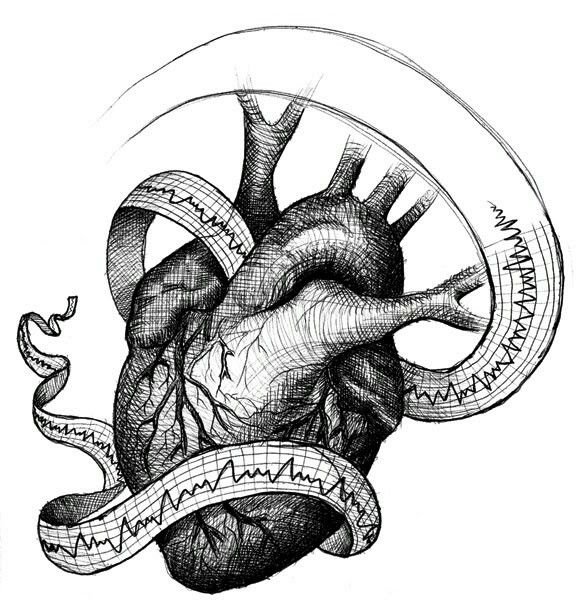Cardiology

About
Overview
Heart disease describes a range of conditions that affect the heart. Heart diseases include:
1. Blood vessel disease, such as coronary artery disease
2. Irregular heartbeats (arrhythmias)
3. Heart problems you’re born with (congenital heart defects)
4. Disease of the heart muscle
5. Heart valve disease
Many forms of heart disease can be prevented or treated with healthy lifestyle choices.
Symptoms of coronary artery disease can include:
Chest pain, chest tightness, chest pressure and chest discomfort (angina)
Shortness of breath
Pain in the neck, jaw, throat, upper belly area or back
Pain, numbness, weakness or coldness in the legs or arms if the blood vessels in those body areas are narrowed
You might not be diagnosed with coronary artery disease until you have a heart attack, angina, stroke or heart failure. It’s important to watch for heart symptoms and discuss concerns with your health care provider. Heart (cardiovascular) disease can sometimes be found early with regular health checkups.
Risk factors for heart disease include:
Age: Growing older increases the risk of damaged and narrowed arteries and a weakened or thickened heart muscle.
Sex: Men are generally at greater risk of heart disease. The risk for women increases after menopause.
Family history: A family history of heart disease increases the risk of coronary artery disease, especially if a parent developed it at an early age (before age 55 for a male relative, such as your brother or father, and 65 for a female relative, such as your mother or sister).
Smoking: If you smoke, quit. Substances in tobacco smoke damage the arteries. Heart attacks are more common in smokers than in nonsmokers. If you need help quitting, talk to your health care provider about strategies that can help.
Unhealthy diet: Diets high in fat, salt, sugar and cholesterol have been linked to heart disease.
High blood pressure: Uncontrolled high blood pressure can cause the arteries to become hard and thick. These changes interrupt blood flow to the heart and body.
High cholesterol: Having high cholesterol increases the risk of atherosclerosis. Atherosclerosis has been linked to heart attacks and strokes.
Diabetes: Diabetes increases the risk of heart disease. Obesity and high blood pressure increase the risk of diabetes and heart disease.
Obesity: Excess weight typically worsens other heart disease risk factors.
Lack of exercises: Being inactive (sedentary lifestyle) is associated with many forms of heart disease and some of its risk factors, too.
Stress: Unrelieved stress may damage the arteries and worsen other risk factors for heart disease.
Poor dental health: It’s important to brush and floss your teeth and gums often. Also get regular dental checkups. Unhealthy teeth and gums makes it easier for germs to enter the bloodstream and travel to the heart. This can cause endocarditis.
- Aortic Stent Graft
- Aortic Valve Replacement
- Atrial Septal Defect
- Carto Ablation For Complex Arrhythmias
- Congenital Heart Defects
- Endovascular Procedures
- Mitral Valve Replacement
- Pericardiectomy
- Primary Angioplasty
- Structural Heart Disease Interventions
- and many more procedures
- 100% Trustworthy & Reliable
- includes : treatment & hospitalisation